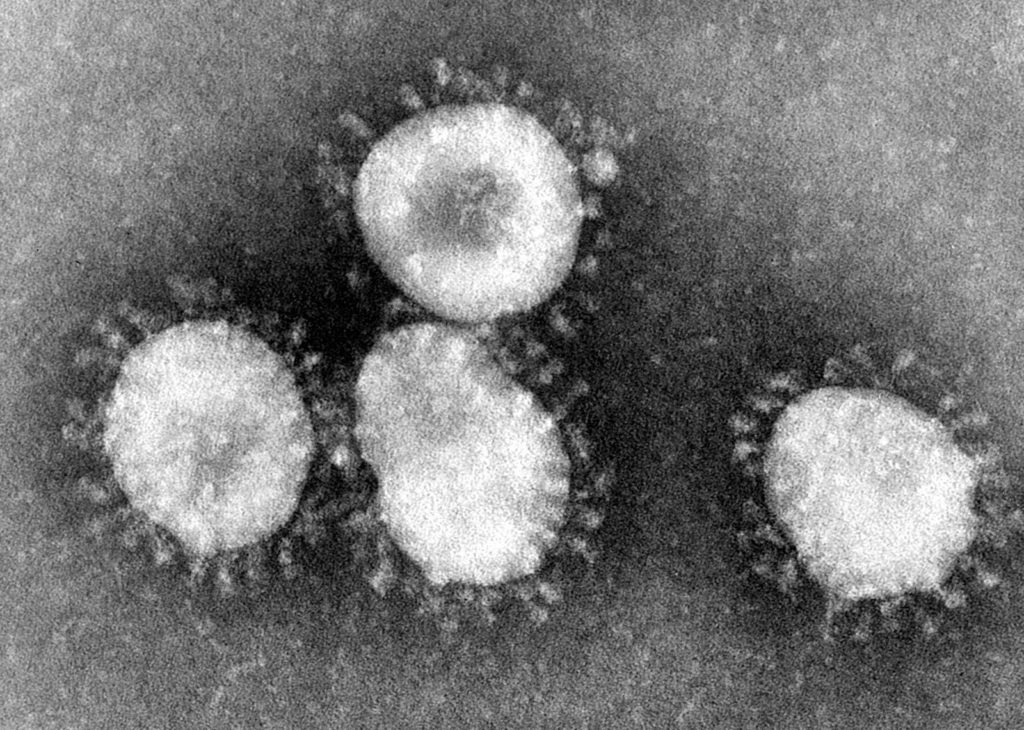
State Department officials from the U.S. Embassy in Beijing sent warnings to U.S. officials two years ago about lax security at a Wuhan, China lab studying coronavirus in bats.
The Washington Post reports: “In January 2018, the U.S. Embassy in Beijing took the unusual step of repeatedly sending U.S. science diplomats to the Wuhan Institute of Virology (WIV), which had in 2015 become China's first laboratory to achieve the highest level of international bioresearch safety (known as BSL-4). … What the U.S. officials learned during their visits concerned them so much that they dispatched two diplomatic cables categorized as Sensitive But Unclassified back to Washington. The cables warned about safety and management weaknesses at the WIV lab and proposed more attention and help. … The cables argued that the United States should give the Wuhan lab further support, mainly because its research on bat coronaviruses was important but also dangerous.”
The research concerned the interaction of bat coronaviruses with receptor cells found in humans. The cables have bolstered speculation within the Trump administration that the lab is the source of the outbreak.
Xiao Qiang, a research scientist at the School of Information at the University of California at Berkeley, told the WaPo: “The cable tells us that there have long been concerns about the possibility of the threat to public health that came from this lab's research, if it was not being adequately conducted and protected.”
Much more at the WaPo.
Donald Trump has repeatedly referred to the coronavirus as the “Chinese virus,” prompting anger from Beijing and the World Health Organization which “has advised against terms that link the virus to China or the city of Wuhan, where it was first detected, in order to avoid discrimination or stigmatisation.”
The Trump administration axed a key China-based CDC health staffer last summer, several months before the coronavirus outbreak began there. China's COVID-19 outbreak is thought to have begun as early as November, and the CDC staffer, a disease expert and medical epidemiologist, was cut in July.



